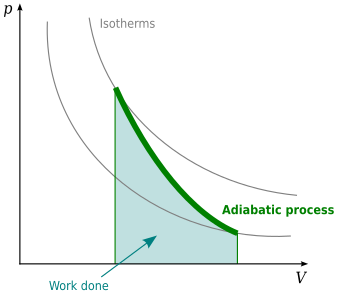- Joined
- May 5, 2008
- Messages
- 1,094
- Reaction score
- 4
I know that in general, work is path dependent, but is it still dependent for a conservative force?
What are some examples of situations where work is dependent/independent of path?
What are some examples of situations where work is dependent/independent of path?

